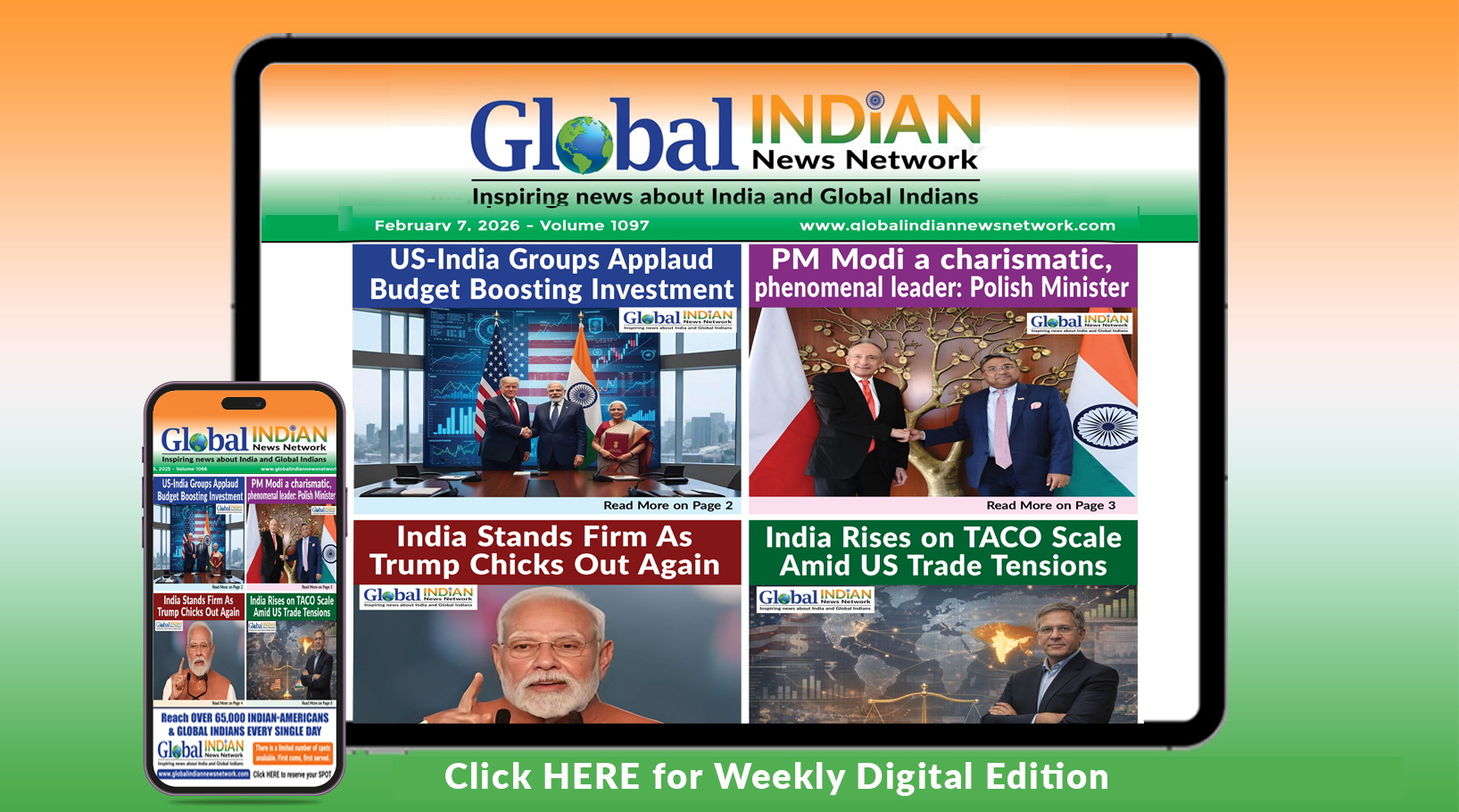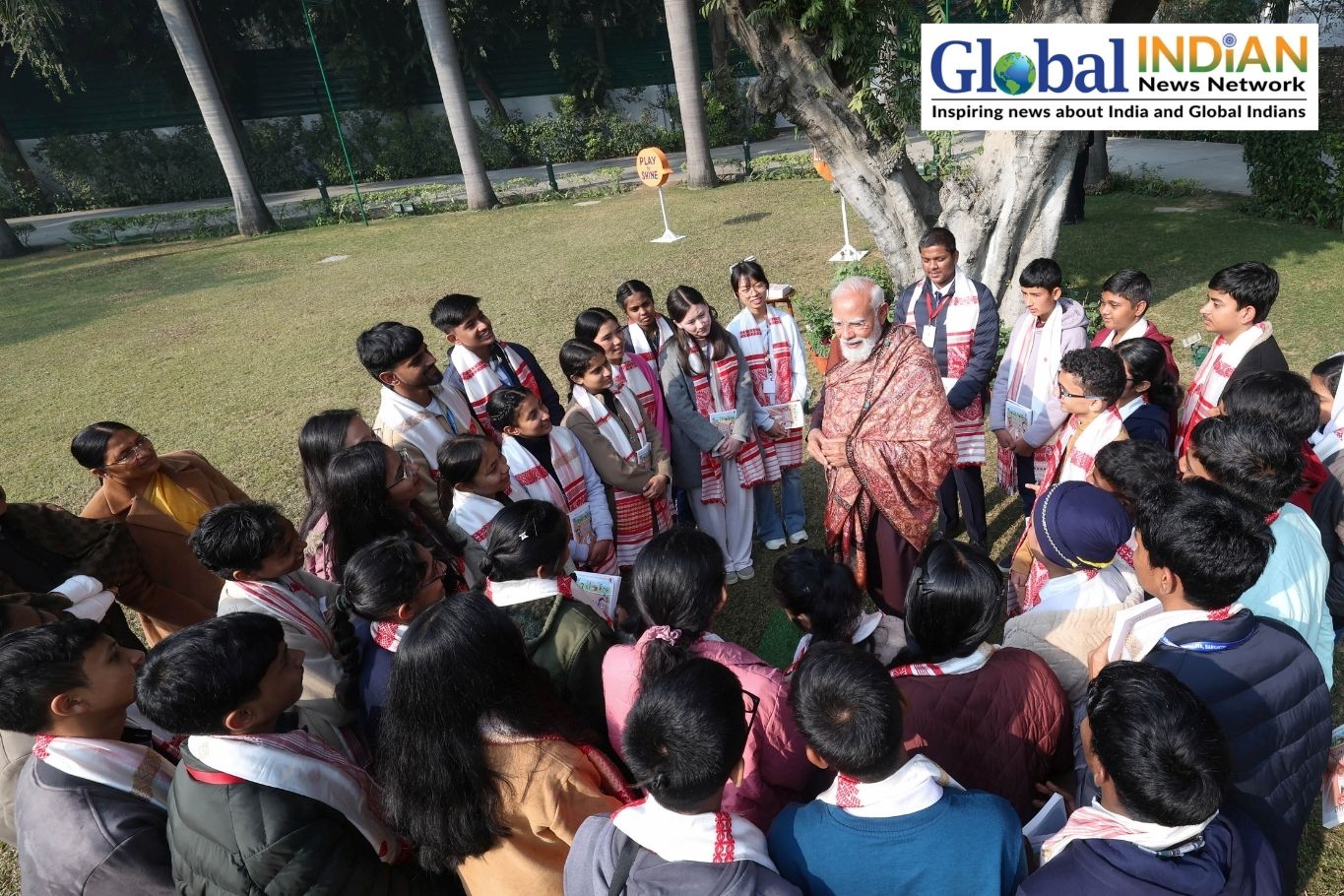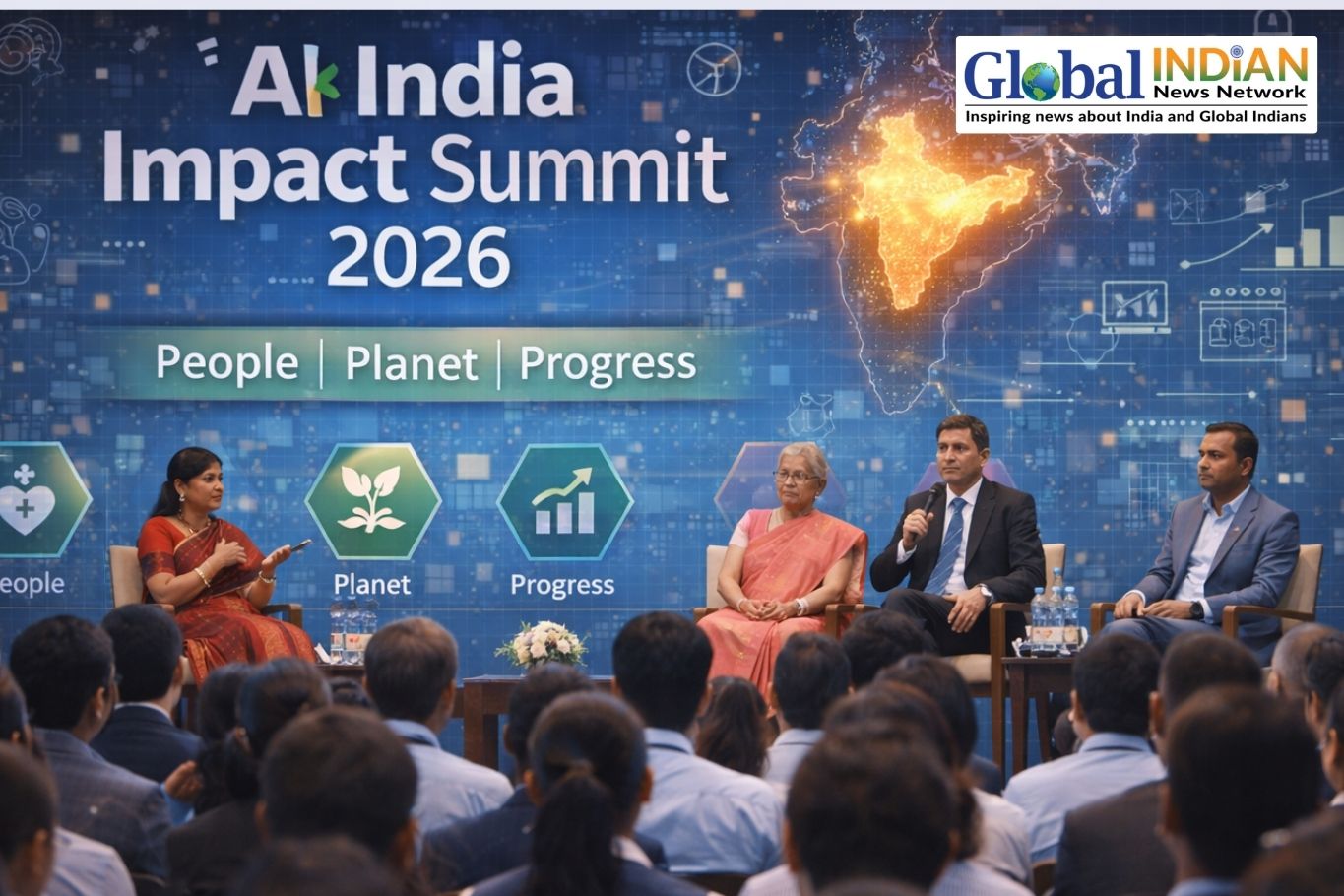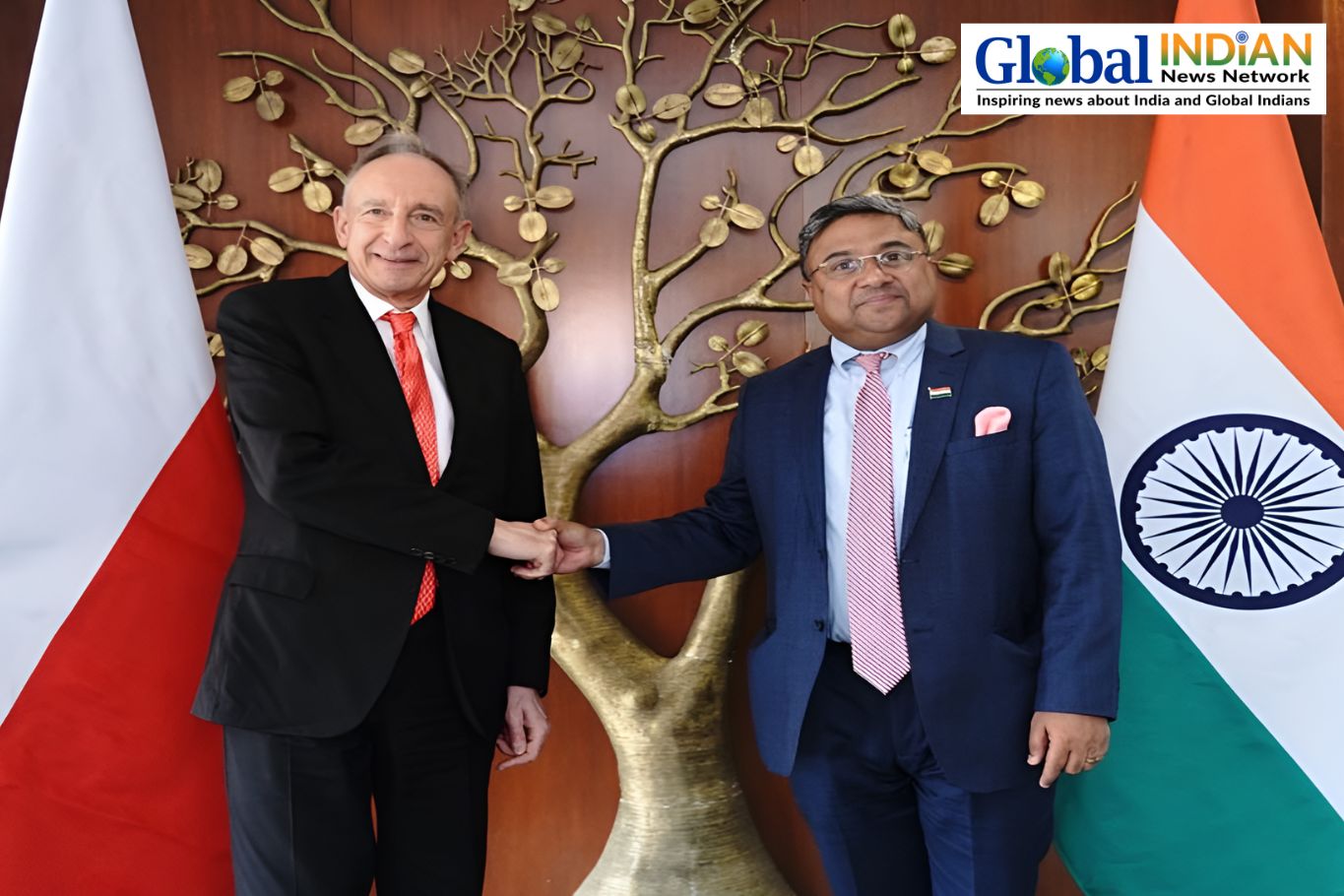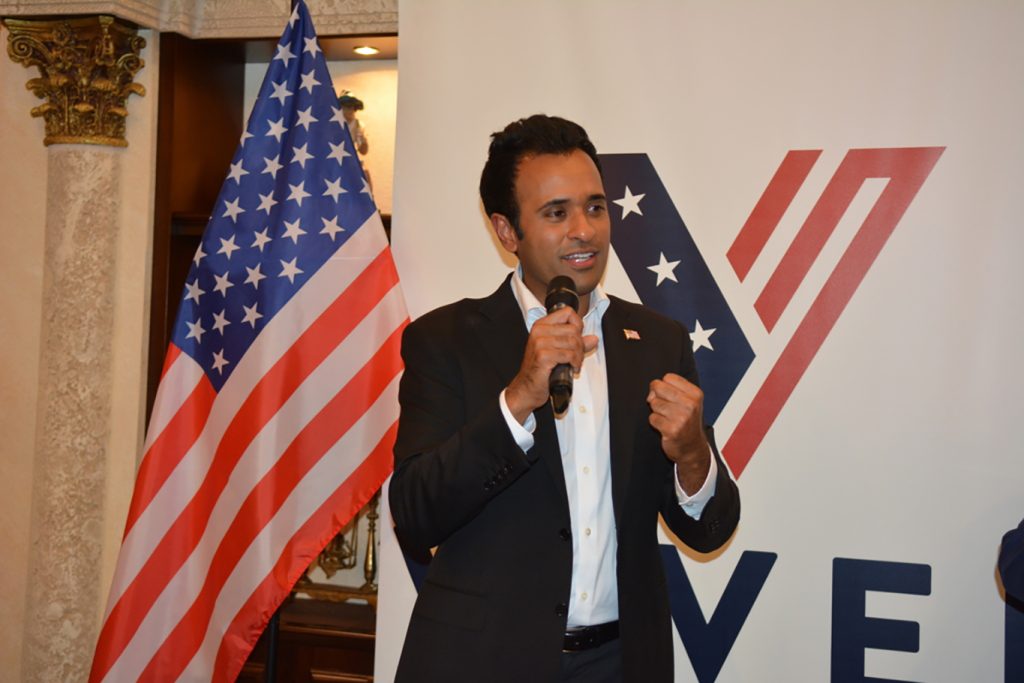 Indian American Republican presidential candidate Vivek Ramaswamy has emphasized the need for stronger alliances with India, South Korea, and Japan as a strategy to reduce the United States’ economic dependence on China and Taiwan.
Indian American Republican presidential candidate Vivek Ramaswamy has emphasized the need for stronger alliances with India, South Korea, and Japan as a strategy to reduce the United States’ economic dependence on China and Taiwan.
Ramaswamy, aged 38, whose popularity in the Republican presidential primary debate surged recently, elaborated on his foreign policy plans on Tuesday. He took a stance against fellow Indian American Republican candidate Nikki Haley, who criticized his lack of experience in foreign policy matters.
“We will establish a more robust partnership with India, including India’s commitment to closing the Malacca Strait if a conflict with Taiwan arises in the near future. Additionally, we will strengthen alliances with other partners, including South Korea and Japan, to mitigate our economic reliance on China and Taiwan,” Ramaswamy stated.
The entrepreneur-turned-politician Ramaswamy expressed his support for clear strategic intentions. He advocated for a vigorous defense of Taiwan by the US until the nation achieves semiconductor independence. Subsequently, he suggested reverting to a position of strategic ambiguity when the stakes are lower for the US.
Ramaswamy emphasized the significance of Taiwan’s semiconductor production for the American economy. He underscored that safeguarding Taiwan can dissuade China from blockading or invading the island. To further bolster Taiwan’s security, Ramaswamy proposed an increase in Taiwan’s military expenditure to 4 to 5 percent of its gross domestic product.
He suggested arming and training Taiwan with Anti-Access/Area Denial weaponry and frequently deploying a Destroyer warship through the Taiwan Strait.
Addressing the US’s vulnerability in major conflicts with China, Ramaswamy recommended fortifying homeland defense. This includes enhancing capabilities in nuclear, super electromagnetic pulse, cyber, and space defense.
Ramaswamy’s campaign highlighted his unique stand as the sole US Presidential candidate openly committed to defending Taiwan. He criticized both Democrats and Republicans for adhering to the ‘one China’ policy and pursuing “strategic ambiguity” toward Taiwan.
In response to criticisms from Nikki Haley’s campaign, Ramaswamy’s campaign refuted claims that he would not support Israel. It challenged media outlets to provide evidence of his alleged statement, asserting that such headlines were fabricated.
Ramaswamy contended that Israel’s independence from US financial aid would signify achievement. He asserted that the US will continue providing aid to Israel until Israel determines otherwise.
The dispute between Ramaswamy and Haley originated from Haley’s accusation of his lack of foreign policy experience. Ramaswamy’s campaign addressed Haley’s accusations as an attempt to raise funds for her campaign.

